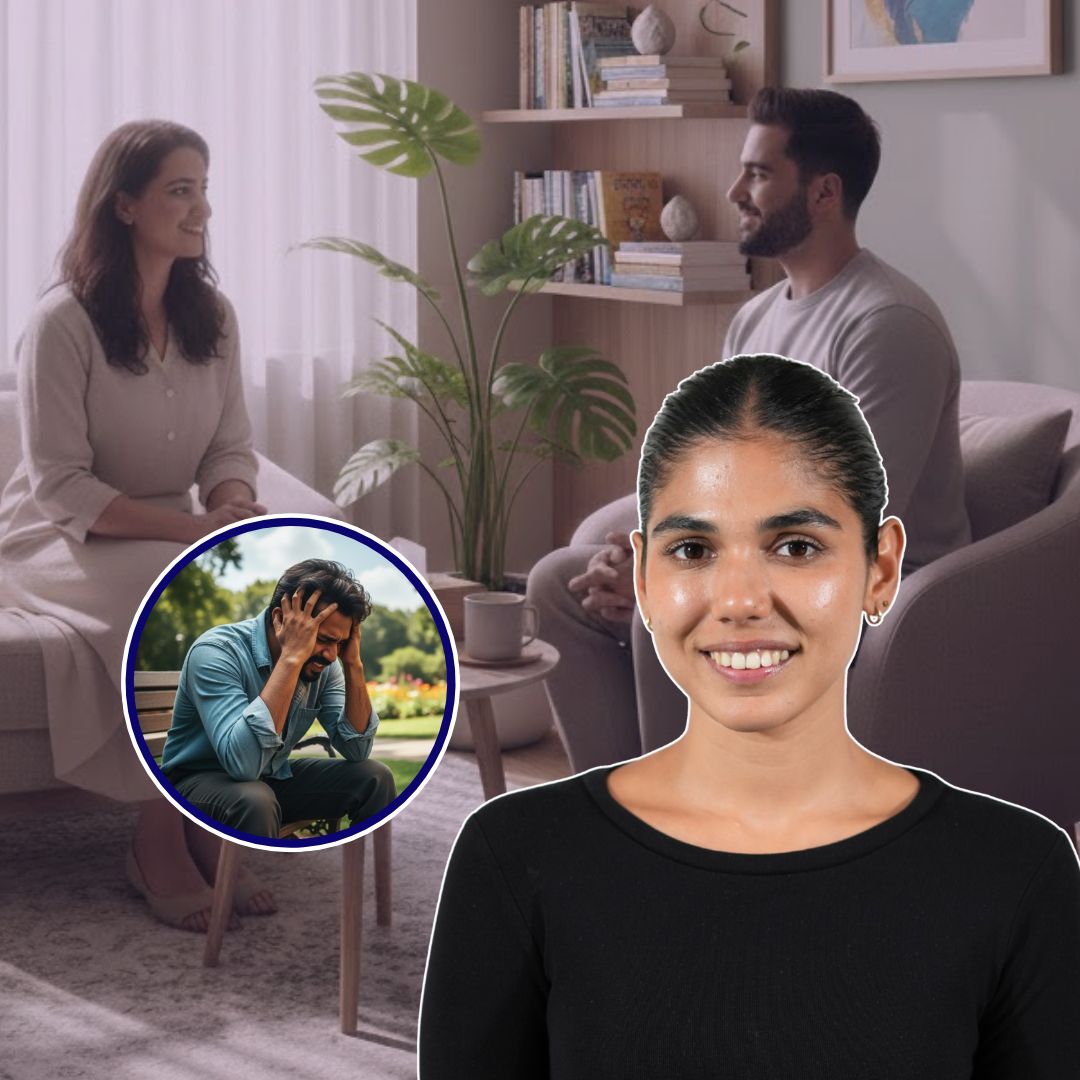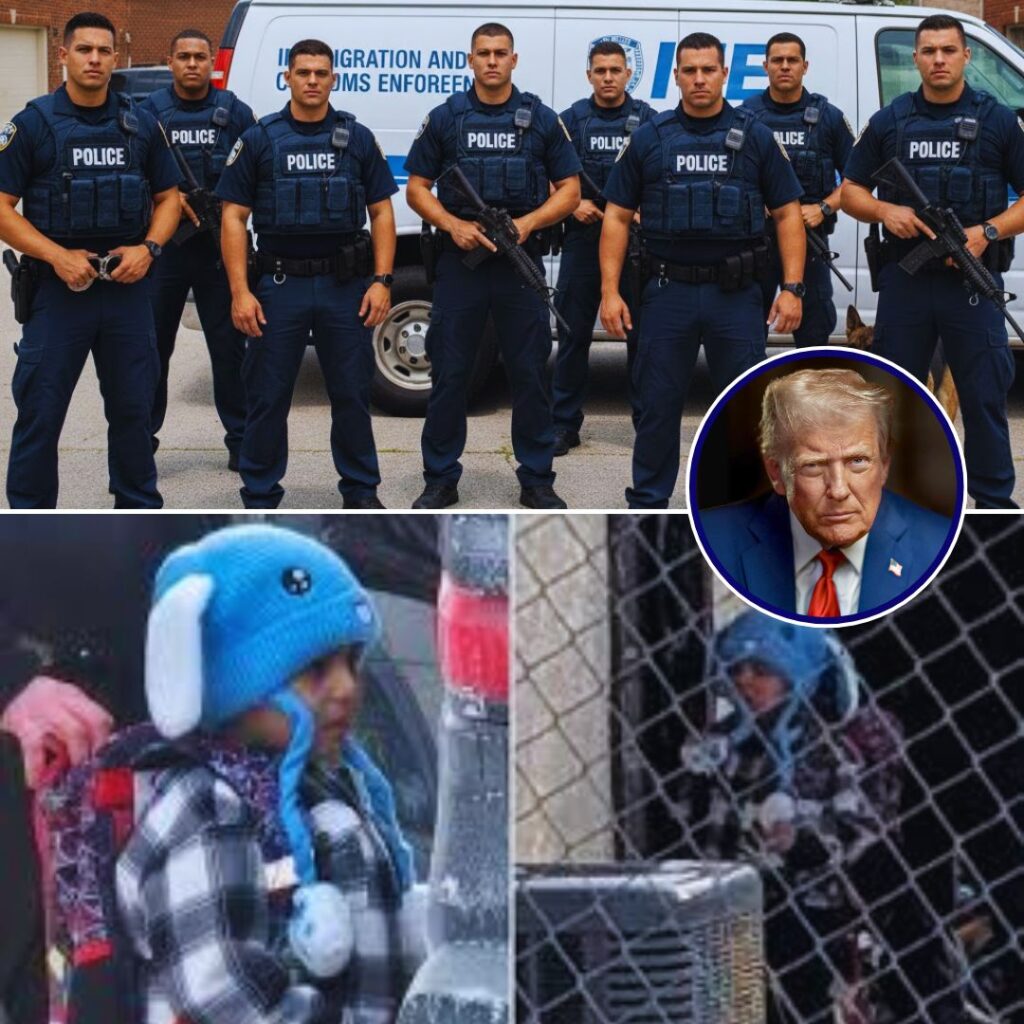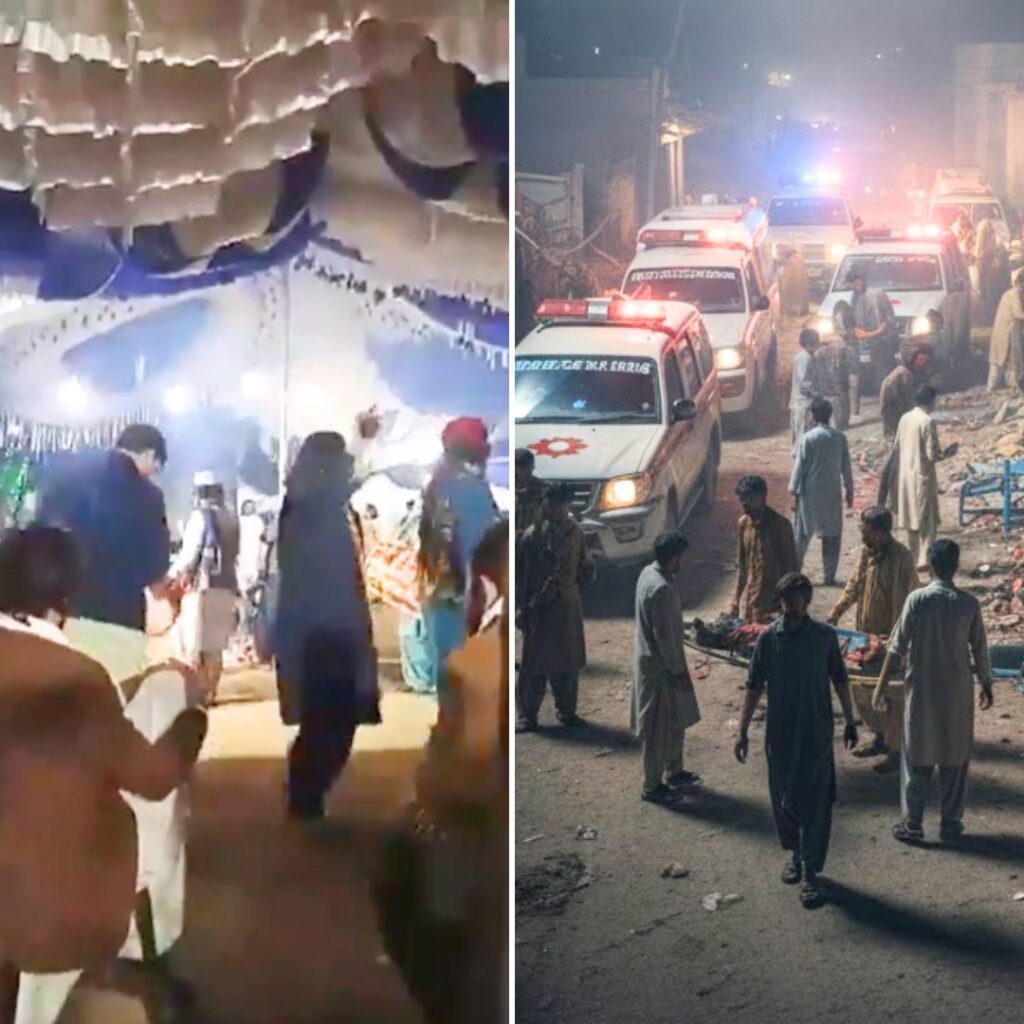Global conversations about mental health have surged worldwide since the COVID-19 pandemic, with schools introducing social-emotional learning programs and parents encouraging open communication to address intergenerational trauma.
Counselling psychologist Dr Ria Talwar of Samarpan Health, a specialised mental health and rehabilitation centre based in Mumbai,highlights this shift, saying, “There is also a growing effort to move away from stereotypes like ‘boys don’t cry,’ encouraging children instead to acknowledge and understand their emotions.”
Yet, the question remains: What does this do? If we are addressing our struggles, why do we feel worse? Despite the expanding dialogue, loneliness, anxiety, and depression continue to prevail worldwide.
Awareness Without Tools to Regulate
“Humans naturally crave certainty and a clear script to make sense of life’s events,” explains Dr Talwar. Identifying and naming emotions like anxiety can be empowering, “it brings self-validation, reduces shame, and often increases the support one receives,” she says.
But a frequent problem arises when people attach too strongly to these emotional labels. “The flip side is that people limit themselves to labels and internalise these labels. When doing that, they may see them as fixed aspects of their identity rather than tools for understanding and healing.” Without emotional regulation or flexibility, she explains, “labels can feel less like clarity and more like a birdcage.”
Social Media and the Access Divide
According to Dr Talwar, “social media operates as a two-sided coin in the world of mental health.” On one hand, online dialogue has normalised emotions that were once silenced; on the other, it creates new challenges. “Individuals measure their progress against others’ timelines,” she observes. “This comparison can quickly lead to self-doubt and self-criticism, with questions like, ‘Why is my healing taking longer?’”
She warns that this digital pressure often combines with deeper structural barriers. “People are identifying their struggles and feelings,” she explains, “yet they are unable to seek or sustain help due to financial barriers, cultural stigma, lack of awareness, or lack of trust in qualified professionals.” The gap between growing awareness and limited access to professional care remains one of the greatest challenges to mental wellbeing.
The Paradox of Healing
Dr Talwar describes healing itself as a challenging process. “The road to healing by itself is a paradox,” she says. “Therapy can feel worse before it feels better.” This temporary distress often arises when individuals confront past pain or dismantle coping mechanisms that have long protected them.
“It is not uncommon for individuals to feel more unsettled in the early stages of therapy and to question, ‘Why does talking about my pain make me feel worse?’” Yet she stresses that such discomfort often indicates that healing has begun. “Identifying the root cause is only the first step,” she emphasises. “What matters is what follows, developing emotional flexibility and coping mechanisms that promote lasting change.”
The Logical Indian’s Perspective
The growing societal focus on mental health reflects genuine progress, but it also reveals an urgent need for tangible support systems. Awareness must evolve into accessibility, literacy, and compassion.
The Logical Indian stands for action-driven empathy that helps individuals and institutions nurture true wellbeing. Every honest conversation deserves follow-up care, education, and community understanding.
To seek help, individuals can reach out to mental health specialists through various free helplines available across India. The Government of India’s Tele MANAS initiative offers counselling at 14416 or 1800-891-4416, connecting callers with trained professionals who provide support for a range of emotional and psychological challenges. Other helplines like KIRAN (1800-599-0019) and Mpower Minds (1800-120-820050) are also available 24/7 for confidential assistance. Reaching out is a vital first step toward healing and sustained wellbeing.












